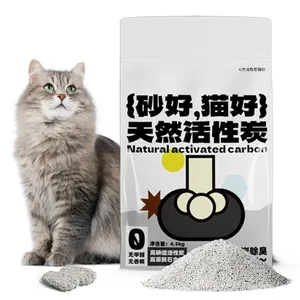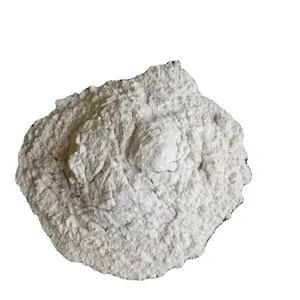Exploring the Versatility of Activated Clay
Activated clay, a highly porous substance, is a cornerstone in various industrial applications. This adaptable material is primarily derived from activated bentonite clay, known for its exceptional absorption and adsorption properties. The utility of activated clay extends from refining oils to being an essential component in the fabric manufacturing sector.
Types and Applications of Activated Clay
The diversity of activated clay uses is vast, with each type serving a specific function. For instance, activated clay desiccant is widely used for moisture control, safeguarding products during shipping and storage. In the realm of textiles, activated clay enhances the tensile strength of yarns, contributing to the durability and comfort of fabric products. Its role in the purification process, particularly activated clay for used oil, is crucial for recycling and refining operations, ensuring the optimal reuse of resources.
Features and Material Composition
The composition of activated clay involves a process where acid activated bentonite is treated to increase its surface area and pore volume. This treatment results in a highly porous material with excellent adsorptive capabilities. Unlike traditional silicone oils and bleaching agents, activated clay offers a more economical and potentially safer alternative for various industrial processes.
Advantages of Using Activated Clay
The advantages of incorporating activated clay into manufacturing are manifold. Its ability to act as a purifying agent without contaminating or damaging the fabric makes it a preferred choice in textile production. Moreover, the use of activated fullers earth, a form of activated clay, is instrumental in achieving a desired level of purity and pH balance in various applications, ensuring the integrity of the final product.
Storage and Handling
Proper storage and handling of activated clay are paramount to maintain its efficacy. Suppliers typically provide this material in sealed containers to minimize exposure to air and moisture. For longevity, it is recommended to store activated clay in a dry, cool environment, which helps in preserving its shelf life and performance.
Choosing the Right Activated Clay
Selecting the appropriate activated clay packets or bulk quantities depends on the intended application. It is essential to consider the specific needs of the production line, such as the level of absorption required or the compatibility with synthetic fabrics like polyester and nylon. While Alibaba.com facilitates the connection between buyers and a diverse array of suppliers, it is crucial to assess the material specifications to ensure it meets the application's demands.











































 浙公网安备 33010002000092号
浙公网安备 33010002000092号 浙B2-20120091-4
浙B2-20120091-4